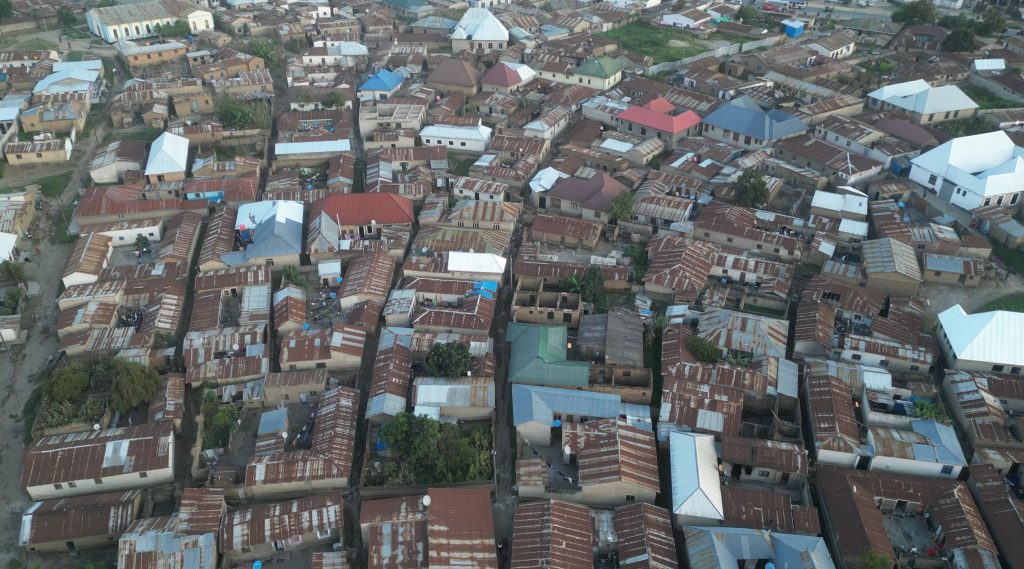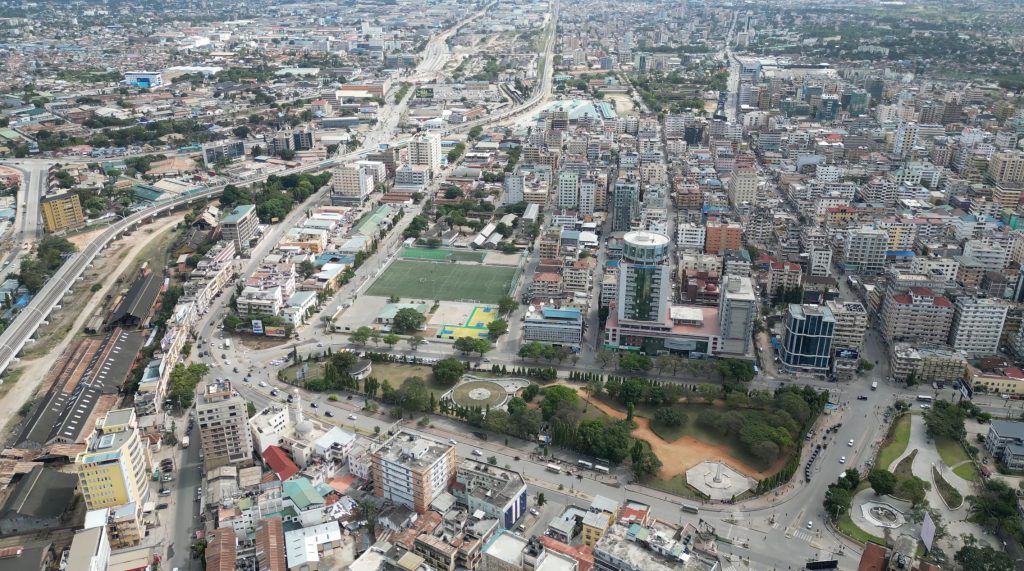Housing is a fundamental human right, essential for individual and societal well-being. Like many other developing countries, informal housing settlements pose significant challenges to residents and policymakers in Tanzania. A lack of proper land tenure, inadequate infrastructure, and limited access to essential services characterizes informal settlements. The Ministry of Land is pivotal in addressing these challenges through housing formalization initiatives, aiming to empower communities and uplift their living conditions.
Understanding Housing Formalization
Housing formalization refers to granting legal recognition and property rights to informal settlements. Informal settlements are often established on lands that lack proper ownership documentation, leaving residents vulnerable to forced evictions and lacking access to essential services. Formalizing housing involves land regularization, which entails mapping, surveying, and legally recognizing land ownership within these settlements. This process not only grants security of tenure to residents but also unlocks various socio-economic opportunities.
Challenges of Informal Settlements
Overcrowded living conditions, inadequate infrastructure, and limited access to water, sanitation, and healthcare facilities predominantly characterize informal settlements in Tanzania. Residents of these settlements face numerous challenges, including a lack of legal protection, limited economic prospects, and vulnerability to displacement. Furthermore, informal settlements often lack the necessary infrastructure to withstand natural disasters, leaving residents at a heightened risk.\

Role of the Ministry of Land
The Ministry of Land in Tanzania is crucial in addressing the challenges of informal settlements. Its primary objective is to ensure equitable access to land resources and promote sustainable urban development. The ministry’s responsibilities include land administration, surveying and mapping, land use planning, and the implementation of housing formalization programs. By formalizing land ownership, the church aims to provide security of tenure, improve living conditions, and promote economic development within informal settlements.
Importance of Housing Formalization
- Security of Tenure: Formalizing housing provides residents with legal recognition of their property rights, safeguarding them from arbitrary evictions and land disputes. This security of tenure enhances residents’ confidence in investing in their homes and communities.
- Access to Services: Housing formalization facilitates extending essential services such as water, sanitation, and electricity to formerly underserved settlements. Proper land documentation enables local authorities and service providers to plan and allocate resources more effectively.
- Wealth Creation: With formal property rights, residents can use their homes as collateral for loans and access credit for business ventures or home improvements. This contributes to poverty reduction and local economic growth.
- Community Development: Housing formalization encourages a sense of ownership and pride among community members. As residents have a stake in their neighborhoods, they are more likely to participate in local development initiatives and maintain public infrastructure.
- Infrastructure Development: Formalization paves the way for the construction of better infrastructure, including roads, drainage systems, and community facilities. Improved infrastructure enhances residents’ overall quality of life.
- Sustainable Urban Planning: Proper land documentation allows urban planners to create more informed development strategies. This reduces haphazard urban sprawl and supports sustainable city growth.
Housing Formalization Initiatives in Tanzania
Tanzania has made significant strides in implementing housing formalization initiatives. One notable program is the Land Tenure Support Program (LTSP), a collaborative effort between the government and international partners. LTSP focuses on improving land tenure security for urban and rural residents, promoting gender equality in land ownership, and enhancing local land management capacity.
Steps in Housing Formalization
- Land Identification and Survey: The process begins with identifying informal settlements and conducting detailed surveys to establish accurate boundaries and property lines.
- Community Engagement: Community participation is crucial. Meetings are held to sensitize residents about the benefits of formalization, gather information about land use, and address concerns.
- Land Documentation and Titling: The ministry issues land certificates or titles to residents, clearly defining their property rights. This documentation enables residents to prove ownership and use the land as an economic asset.
- Infrastructure Development: With secure land tenure, communities, and local authorities collaborate to plan and implement infrastructure projects to improve living conditions.
- Sustainable Management: Capacity-building initiatives empower communities to manage their land resources sustainably. This includes raising awareness about land rights and responsibilities.
Impacts on Communities
- Reduced Vulnerability: Housing formalization minimizes the risk of forced evictions, providing residents with stability and security. This is particularly important for vulnerable groups such as women and children.
- Economic Empowerment: Residents can access credit and financial services using their formalized property as collateral. This allows for entrepreneurial activities and job creation within the community.
- Improved Health and Well-being: Access to essential services such as clean water, sanitation, and healthcare facilities improves residents’ overall health and quality of life.
- Social Cohesion: As residents become invested in their communities, social ties strengthen, leading to increased collaboration and community-led development initiatives.
- Investment in Education: Housing formalization often leads to increased investment in education, as families have a more stable environment where children can focus on their studies.
- Reduction in Crime: Formalized communities tend to experience lower crime rates due to increased community involvement and a sense of collective responsibility.
Challenges and Future Directions
While housing formalization has numerous benefits, it is not without challenges. These include bureaucratic hurdles, inadequate funding, and resistance from specific stakeholders. Moreover, ensuring that formalization programs are inclusive and do not exacerbate inequalities requires careful planning and implementation.
Moving forward, the Ministry of Land and its partners must focus on community capacity-building to ensure the sustainability of formalization efforts. This includes promoting responsible land management, supporting local governance structures, and fostering a culture of collective responsibility.
Housing formalization is crucial in empowering communities and improving living conditions in Tanzania’s informal settlements. The Ministry of Land’s efforts to formalize land ownership has far-reaching positive impacts, from providing security of tenure to fostering economic development and social cohesion. By addressing the challenges of informal settlements, the ministry contributes to sustainable urban development and realizing housing as a fundamental human right. As Tanzania grows and urbanizes, effective housing formalization initiatives will be essential for creating equitable, prosperous, and resilient communities.

